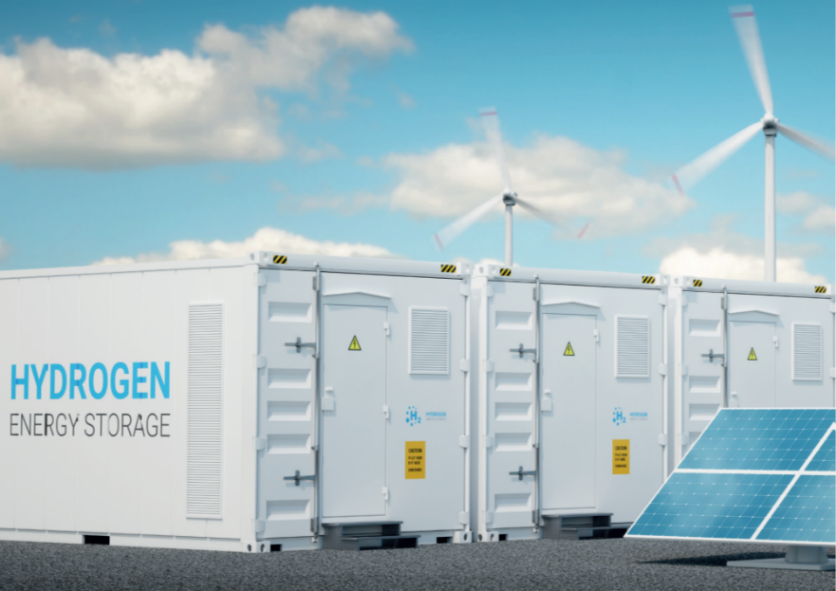
In the summer of 2019, the Energy Research Partnership brought together key industry and government stakeholders to conduct a ‘state of the industry’ review of the potential role of local area energy in future UK energy systems.
Local and community level energy systems have been identified as being a significant enabler to achieving the 2050 net zero targets as well as offering improvements to local community transport systems, the environment and social care.
Historically the current energy system has been designed on the assumption that distribution and transmission infrastructure is essentially fixed, changes only slowly, and had little or no impact on competitiveness. These assumptions more recently are being increasingly challenged.
Local authorities and communities have, so far, played a relatively minor role in the UK’s energy transition. Resources available to local authorities to carry out local area energy planning have been severely impacted by austerity measures.
There is scope for them to do much more, with appropriate resource, to help bring decision-making about the direction of this energy transition, closer to the local communities, that could share the benefits as well as the costs.
Co-ordinated planning of a whole energy system coupled with transport, environmental initiatives and social care, offers significant opportunities for reducing costs and offering new value propositions to local communities, regions and cities.
Clearer communication of these benefits and costs of local area energy projects to communities, the wider general public, potential stakeholders and investors will enhance engagement, support and maximise the opportunities presented by local area energy schemes.
However, local area energy projects face fundamental challenges with energy market regulation from the perspective of a region seeking to develop a coherent and meaningful local energy strategy to deliver local economic, social and environmental objectives.
The practical reality from a regional perspective is that it is challenging to take an integrated, market-based approach to energy systems and energy infrastructure planning at a regional level. This is because energy markets and energy infrastructure are primarily regulated, planned and managed nationally, whereas transport, waste and spatial plans are primarily planned and regulated regionally and locally.
Resilience of the UK energy system has been very topical particularly as a result of the 9th August 2019 transmission and distribution interruptions to the UK electricity system. The potential development of local energy systems must at least maintain or even improve the levels of reliability and resilience that the UK has become accustomed to, from the current electricity system.
Data will be vital in maximising the opportunities presented by local area energy projects. The sharing of open structured data between parties likely to be involved in such projects will be essential to maximise returns and deliver benefits to local communities and urban projects.
Based on contributions from the ERP membership this report summarises the key issues, challenges and opportunities that local area energy presents to the UK energy system and economy.
This report forms part of a series of short reports the ERP will be issuing, on key energy transition challenges and opportunities.
Contributing ERP Members to this report: –
|
ABB ARUP Atkins Worcester Bosch Carbon Trust Committee on Climate Change Department for Business Energy and Industrial Strategy Department for Transport EDF Energy Energy Saving Trust Energy Systems Catapult |
Environment Agency EPSRC Hitachi Innovate UK National Grid National Infrastructure Commission Origami Energy Turquoise International Scottish Enterprise Welsh Government UKERC |
Contributing Non-ERP Members to this report: –
|
Wales and West Utilities |
Greater Manchester Combined Authorities |

